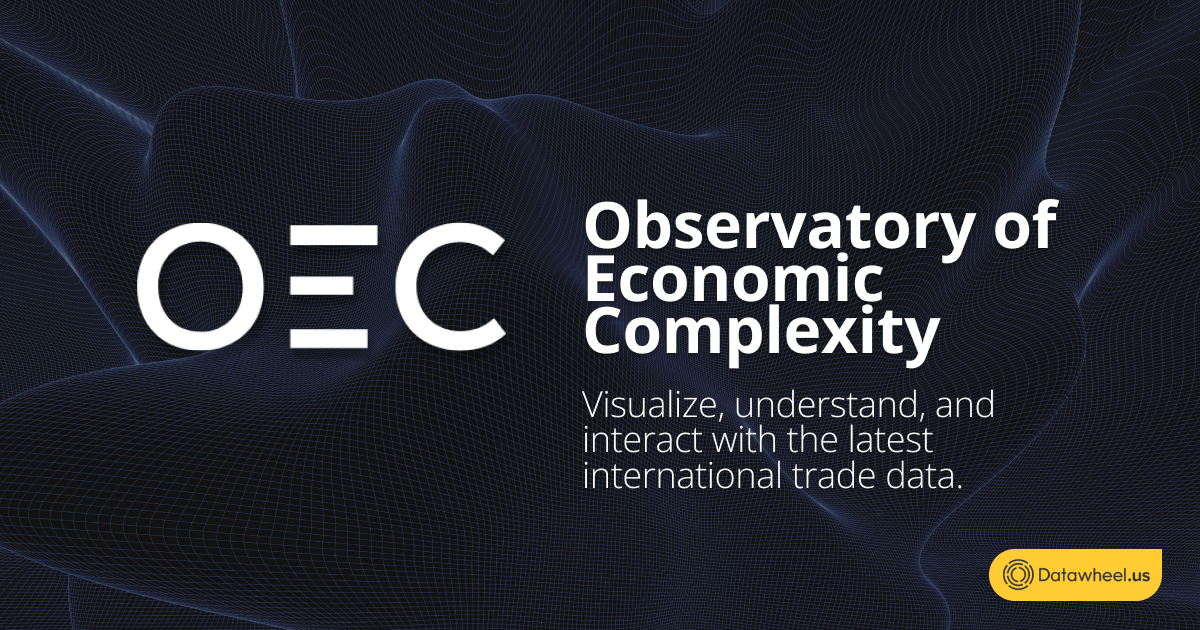চট্টগ্রাম জেলা
I understand what you and others are saying. BD companies should look into it.
The largest demand from Turkiye for jute yarn comes from their carpet industry for example.
Carpet exports in 2020 worldwide were 15 billion USD and it not really only labour-price driven as you can see there are lot of developed (high labour price) countries that are established there too:
The world's leading data visualization tool for international trade data.

oec.world
That too only some portion of these would be using jute.
So all I am suggesting is that given RMG is more than 10x larger than this sector (the Turks and others have invested in over longer time than us and have broader comparative advantage) worldwide, we might want to pick more low hanging fruit first and sequentially.
I feel that is what BD corporates have analysed where it is currently optimal (in larger world market opportunity) to expand into more value addition.
If there is room for improvement and they got this analysis wrong somehow, then folks in the know should make the argument in relevant chambers hopefully.







